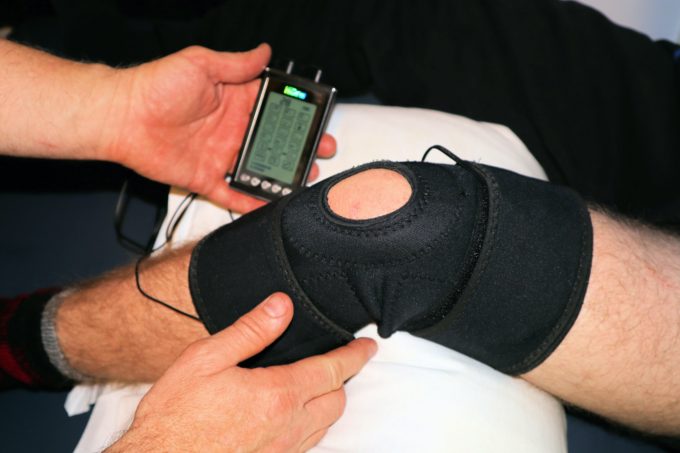A long-term injury can take a long time to recover from. People who have been sedentary for long periods of time may find it difficult to get back into shape.
There are a variety of things you may do to help speed up your recovery from an injury caused by a slip & fall, but it is crucial to know what you should not do in order to avoid further harming yourself during the process.
There are a variety of things you may do to help speed up your recovery from an injury, but it is crucial to know what you should not do in order to avoid further harming yourself during the process.

Don’t rush it
When you push yourself too hard too quickly, your recuperation period will be lengthened. By limiting your options, you put yourself in jeopardy of making matters worse. Begin your rehabilitation by following doctor instructions and taking it easy. Until then, practice patience and refrain from overexerting yourself before you are physically ready to do so.
Make sure you attend your appointments
If you are being treated by a doctor, you need to be sure to show up for all of your appointments and follow their instructions. Knowing how much progress you have made and when to move on to the next phase of your recovery is essential to a successful outcome.
Stay healthy by eating properly
Whether you are recovering from an injury or sickness, or dealing with a long-term ailment, your diet has a significant impact on how well you can recover. To prevent weight gain due to inactivity, eat a diverse diet free of processed foods and refined carbohydrates. If your appetite is disturbed or lowered, attempt to eat smaller, more often meals rather than three large ones each day. To keep you feeling satiated for longer, eat extra protein and heart-healthy fats like almonds, avocados, and seafood. At least three times a week, if you are allowed to move around or exercise, do as much as you can without overdoing it.
Reach out for help
Knowing when you need help and being open about it is a virtue, not a mistake. Regardless of whether you seek assistance from a close friend or family member or from a medical professional. Reaching out might give you the boost you need to keep on track in terms of your physical and mental well-being. If you find it difficult to express yourself vocally, consider writing it down or sending an email.
It is important to keep note of your mood or behavior patterns to assist you recognize any potential triggers or changes that may be occurring. Mental well-being is just as important to your rehabilitation as physical well-being. Those who are experiencing low emotions should seek medical guidance on how to deal with this and how to acquire the right mental health treatment.














